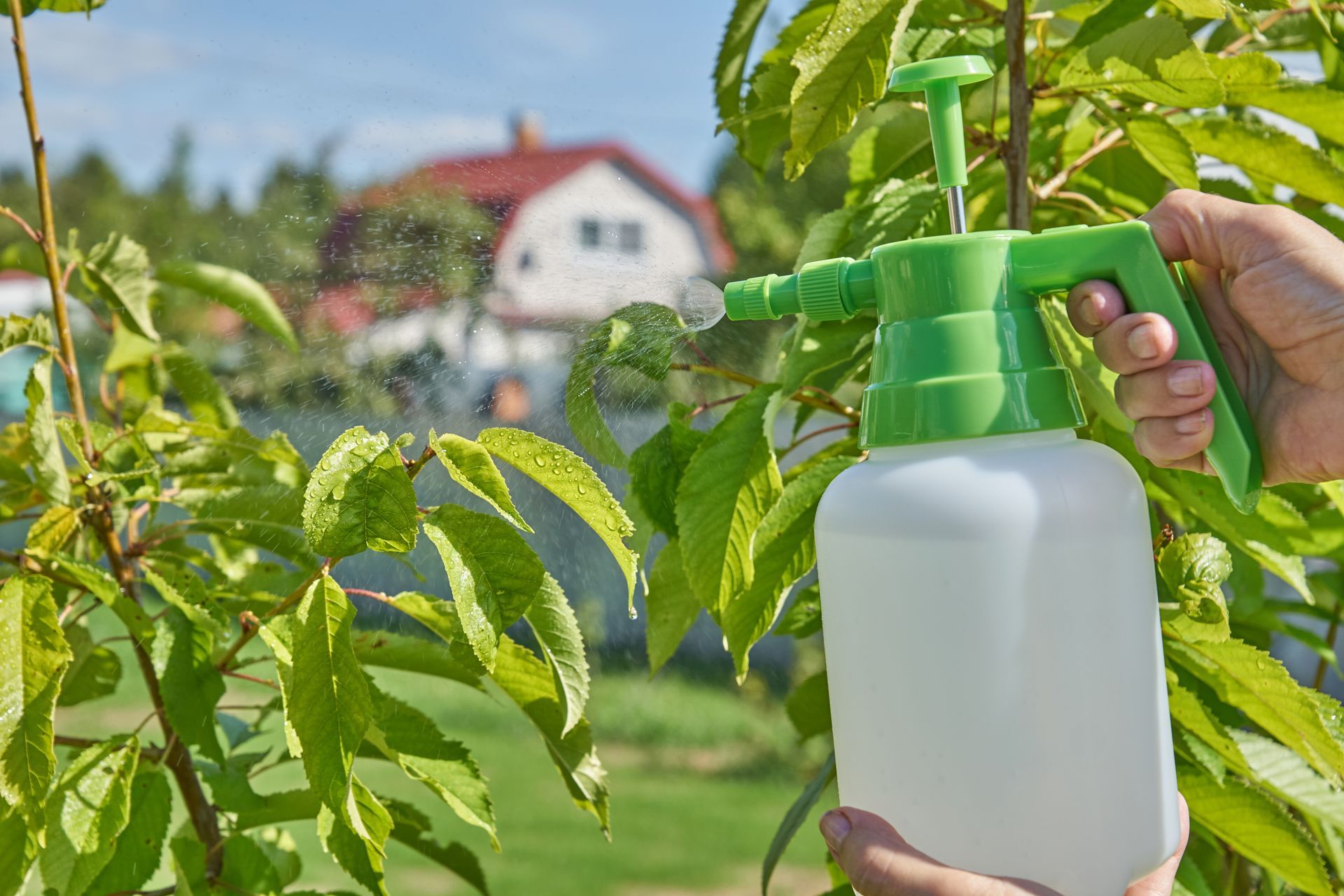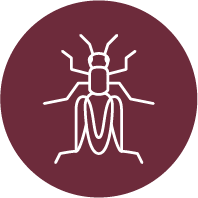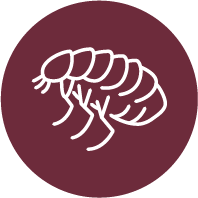Pest Control Techniques for a Healthy Harvest
Gardening is a delightful pastime that brings both mental and physical rewards. However, as your plants grow, so do the number of pests that can threaten the health of your garden. Many conventional pest control methods involve the use of harmful chemicals, which can have negative effects on the environment and your health. We will explore organic pest control techniques that can help you maintain a healthy harvest while minimizing harm to the surrounding ecosystem.
Companion Planting
One of the most effective organic pest control methods is companion planting. This practice involves strategically pairing plants that benefit each other. For example, some plants can repel pests, while others can attract beneficial insects that prey on the pests. Some popular companion planting pairs include:
Marigolds with tomatoes (repel nematodes and other pests)- Basil with tomatoes and peppers (repels mosquitoes and flies)
- Nasturtiums with cucumbers, squash, and pumpkins (repel cucumber beetles)
Attract Beneficial Insects
Encouraging beneficial insects in your garden can help reduce the number of pests naturally. These insects, such as ladybugs, lacewings, and predatory wasps, feed on common garden pests like aphids, caterpillars, and mites. You can attract these helpful insects by planting a variety of native flowering plants, providing water sources, and creating habitat in the form of shrubs or brush piles.
Neem Oil
Neem oil is an organic insecticide derived from the seeds of the neem tree. It works by disrupting the hormonal systems of pests, making it difficult for them to feed, grow, and reproduce. Neem oil is effective against a wide range of pests, including aphids, spider mites, and whiteflies. To use neem oil, dilute it with water according to the product's instructions, and spray it directly onto the affected plants.
Diatomaceous Earth
Diatomaceous earth (DE) is a natural substance made from the fossilized remains of tiny aquatic organisms called diatoms. This abrasive material damages the exoskeletons of pests like slugs, snails, and beetles, causing them to dehydrate and die. To use DE, simply sprinkle it around the base of your plants or on the leaves, making sure to reapply after rain or watering.
Homemade Traps
Creating simple traps can be an effective way to control pests in your garden. Here are a few examples:
Beer traps for slugs and snails: Fill a shallow container with beer and bury it in the soil, so the rim is level with the ground. The slugs and snails will be attracted to the beer, fall in, and drown.- Yellow sticky traps for flying insects: Hang yellow sticky cards near your plants to attract and trap pests like whiteflies and aphids.
- DIY pheromone traps for moths: Pheromone traps lure male moths with a synthetic version of the female moth's scent, preventing them from mating and reducing the population.
Organic pest control methods offer a sustainable and environmentally-friendly approach to maintaining a healthy garden. By using techniques like companion planting, attracting beneficial insects, and employing natural insecticides, you can protect your plants and enjoy a bountiful harvest. Remember that patience and persistence are key, as organic pest control methods may take more time to show results compared to conventional methods. However, the long-term benefits for your garden, your health, and the environment make the effort well worth it.
Proterra Pest Control can help you protect your home from a lot more than just rats. Click
here to see our pest library to get an idea of what kinds of pests we help you keep out of your home.
















